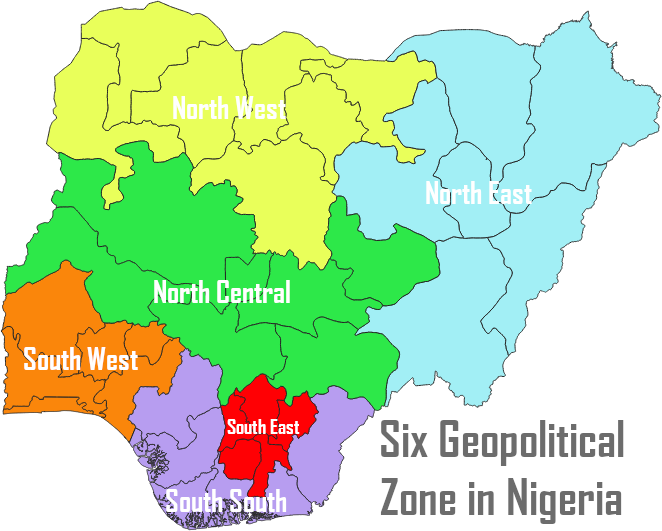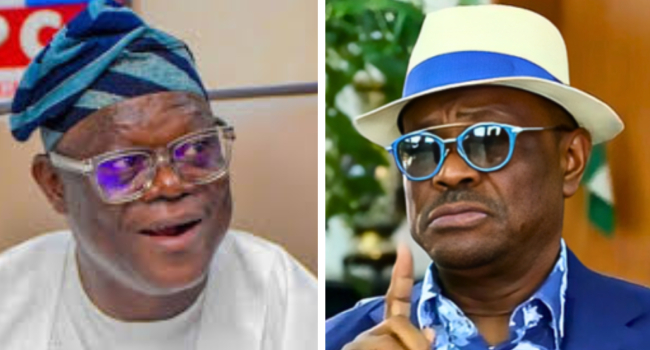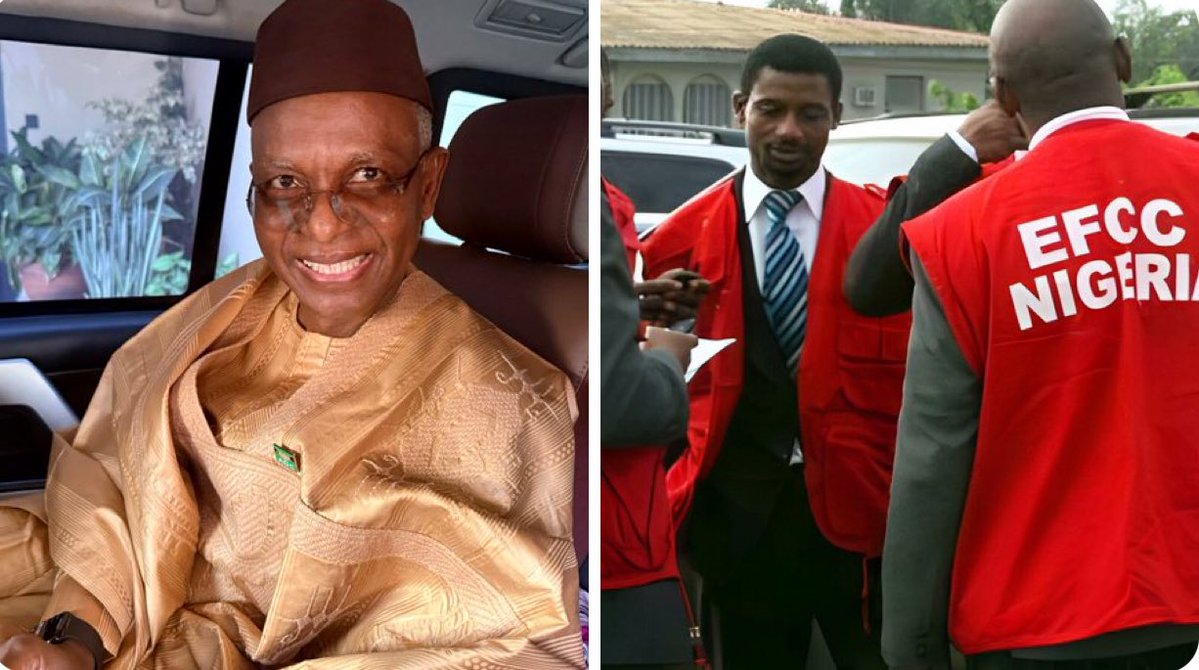By Eric Elezuo
Facts are beginning to emerge to show that the two major political parties of Nigeria, the ruling All Progressives Congress (APC) and the main opposition party, Peoples Democratic Party (PDP), are playing games with the zoning arrangement as the 2023 general elections fast approaches.
The dilly-dally affair is made even controversial as the north, who stakeholders as well as analysts, believe are not moving a finger to see that the gentleman-based zoning agreement see the light of the day.
According to a dependable source, who confided in The Boss, the North is trying to bully the south to jettison any idea of zoning, obviously because they have no intention of relinquishing power come 2023. This is made manifest in the recent actions of two major political parties, the APC and the PDP.
With President Muhammadu Buhari’s tenure due to constitutionally end by May 2023, it became imperative that the conventional rotational affair that exist among preferred be activated so that power will shift to the south as the north, which Buhari represents, has had its turn. But that seems not to be the case.
Feelers from the camps of the ruling and opposing parties are not thinking the direction of respecting the zoning system as has been agreed in the past between the north and the south.
In the APC, it appears that despite the boastings that there is a strong understanding between President Buhari and former Governor of Lagos State, who is now the National Leader of the APC, Asiwaju Bola Ahmed Tinubu, it seems that Buhari and his team are ready to renege on the gentleman agreement as unfolding events suggest.
On the other hand, the PDP is playing a different ball game, but closely related to the plot of scuttling the zoning of the presidency to the south. In a game that suggest total disregard of the replacing Buhari with a southerner, the PDP is attempting to zone the chairmanship of its party to the south, thereby justifying any attempt to zone the presidency yo the north. It would be recalled that the present chairman of the party is a core southerner, Prince Uche Secondus, though embattled presently.
In the midst of the what looks like a melee, even northern politicians are not helping matters as they have constantly thrown their hats in the ring to contest the 2023 presidency in spite of the general belief that power should shift south.
The former Vice President and PDP presidential candidate in the 2019 election, Atiku Abubakar, for one, has made it clear that he wishes to contest the forthcoming election even as he is a northerner. What is clear however, if he is ready to take the risk. This approach is a clear indication that the political in Nigeria will not change.
During the week, the spokesman of the Northern Elders Forum (NEF), Hakeem Baba-Ahmed, in a strong worded speech, at the maiden Maitama Sule Leadership Lecture Series organised by the students wing of Coalition of Northern Groups (CNG) at the Ahmadu Bello University (ABU), Zaria, said heaven will not fall if a northerner is elected the next Nigerian President, adding that whoever does not wish to see a northerner as president in 2023, should leave.
“We will lead Nigeria the way we have led Nigeria before, whether we are President or Vice President, we will lead Nigeria. We have the majority of the votes and the democracy says vote whom you want.
“Why should we accept second class position when we know we can buy form and contest for first class and we will win?
“Why does anybody need to threaten us and intimidate us? We will get that power, but be humble because power comes from God. We inherited leadership, being honest is not being stupid.
“There are Nigerians who believe that because the economy of the North is being crumbled; we are running away from insecurity, we are politically vulnerable, they think they can buy us for 2023 but they are making a mistake.
“We are ready for this; we will consider every economic adversity, challenge, we will fix the Northern economy and we are the only one who can fix this Northern economy. For that reason, we are not for sale. We are in the process of rebuilding the North and we will rebuild the North from 2023,” he said.
But stakeholders are of the opinion that as agitators for a new country, including Nnamdi Kanu’s Indigenous Peoples of Biafra (IPOB) and Yoruba Nation, are rife, it would have been more advisable that the south should have been given the mandate to produce the next president even if it is in the spirit of the much canvassed oneness of Nigeria.
A political source, who spoke to The Boss, but craved anonymity, said that the agitations coming from the southern parts could have been well assuaged by choosing a candidate from the south. He made reverence to the period before the 1999 general election when in compensation for the scuttling of the June 12, 1993 election, which was producing late Chief Moshood Abiola before it was annulled by the then Military President, General Ibrahim Babangida, only southerners of Yoruba origin in the person of Chief Olusegun Obasanjo, who eventually won, and Chief Olu Falae, were presented for the election.
“The experiment of 1999 should be repeated in the interest of one Nigeria,” he said.
However, events are revealing that President Buhari and his team have other ideas, and are not in any way, buying into the precedence that was set in 1999.
But down in the south, controversies still abound of the south that will actually replace Buhari at the expiration of his tenure in 2023. Would it be the south south, who are loudly clamouring an opportunity to complete the remaining four years which former President Goodluck Jonathan missed after he was defeated in the 2015 election or the south east, which argued, and justifiably too, that the region has not been privileged to produce the number one citizen ever since the kick off of the Fourth Republic in 1999. Again, is the south west, whose candidates are already warming up including Tinubu.
If the powers that be ends up scuttling the zoning arrangement, it will resort to a free for all contest. Among heavyweights and power brokers, who have remotely or otherwise signified their interest to contest the plum presidential seat are as noted already former Vice President and PDP presidential candidate in 2019, Atiku Abubakar, two terms Governor of Kano State, Rabiu Musa Kwankwaso, Sokoto State governor, Aminu Tambuwal, former Senate President, Dr Bukola Saraki, and Governor of Bauchi State, Bala Mohammed among others. It is still not clear the intention of Zamfara State governor, Bello Matawalle, who has also decamped to the APC.
In the south, some PDP governors, who have harboured presidential ambitions, have dumped their party for the ruling party with the hope that the APC will zone the ticket to the south. Some of these governors are Dave Umahi of Ebonyi State and Ben Ayade of Cross River State.
The case of Jonathan still remains the icing on the cake if and when he eventually agrees to decamp to the APC. it is believed that the former president is a perfect pawn for the north to achieve their aim, and the south south to be pacified.
In the first place, the emergence or return of Jonathan as president will uphold, though lopsided, the principle of zoning, but the north will retrieve power after the first term of four years. The north will be vindicated as having obeyed the rules of zoning, and the south, would have been allowed their turn, especially the south south, which will satisfy itself for completing its remaining four years.
Whichever way one looks at it, it is obvious that it is not just the north and south that are clamouring for the seat of the power, but also the component regions that make up the north and south.
Who eventually gets the nod to produce the next president will a product of intense lobby, wit, great political maneuvering, overtures and in the worst case scenario, muscling of the others because votes may not likely do the magic.

 News5 days ago
News5 days ago
 Headline5 days ago
Headline5 days ago
 Featured4 days ago
Featured4 days ago
 Featured4 days ago
Featured4 days ago
 Headline6 days ago
Headline6 days ago
 National5 days ago
National5 days ago
 Featured3 days ago
Featured3 days ago
 News3 days ago
News3 days ago













